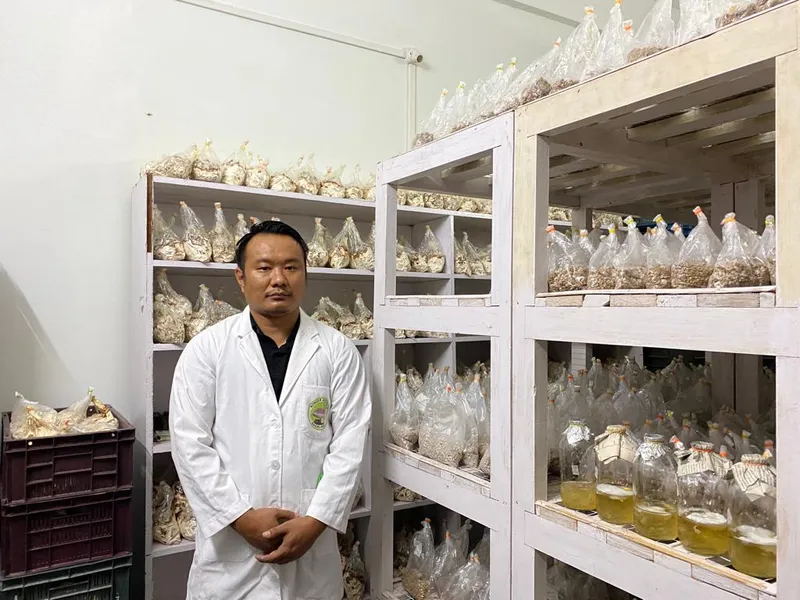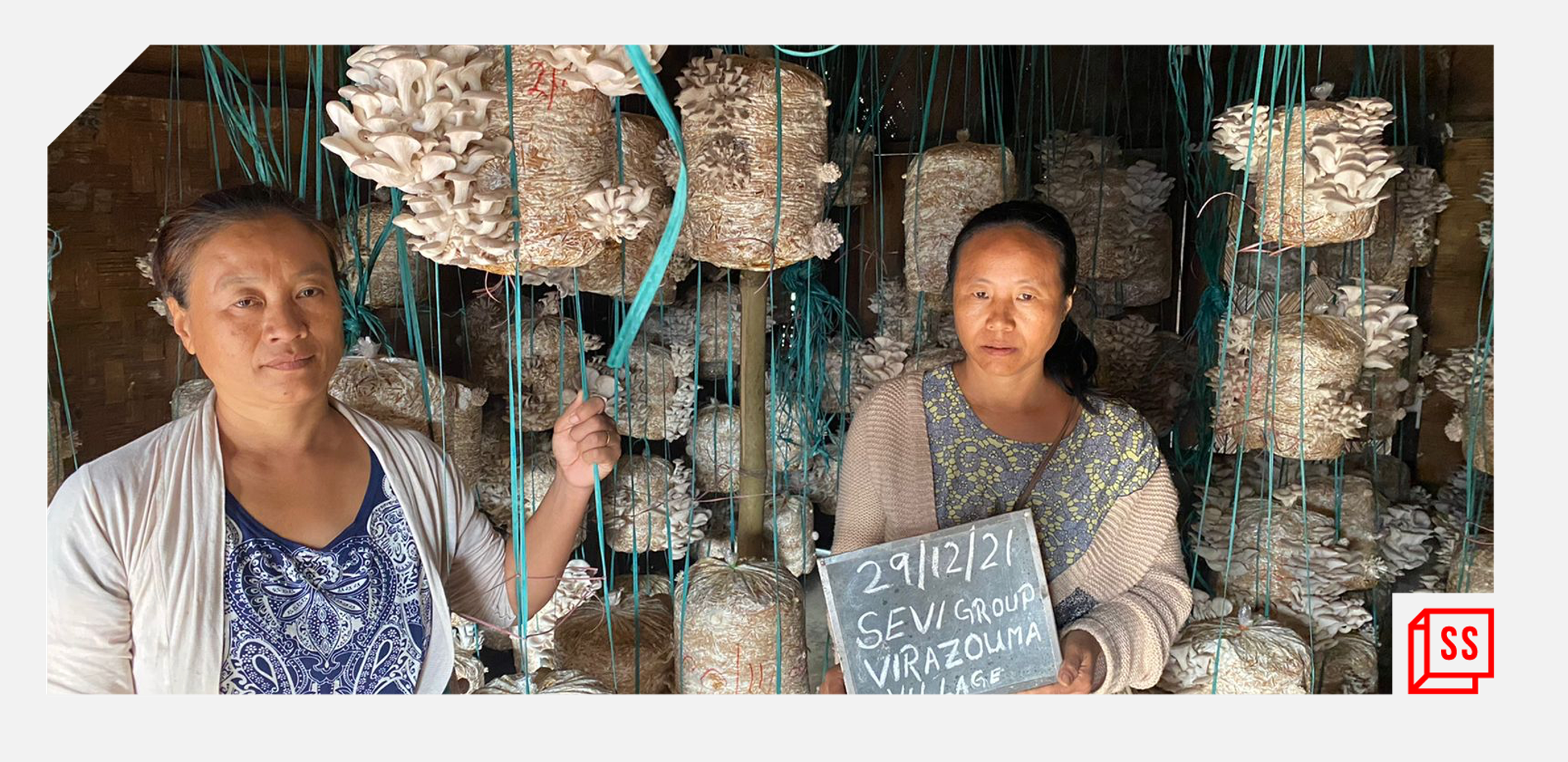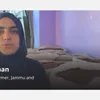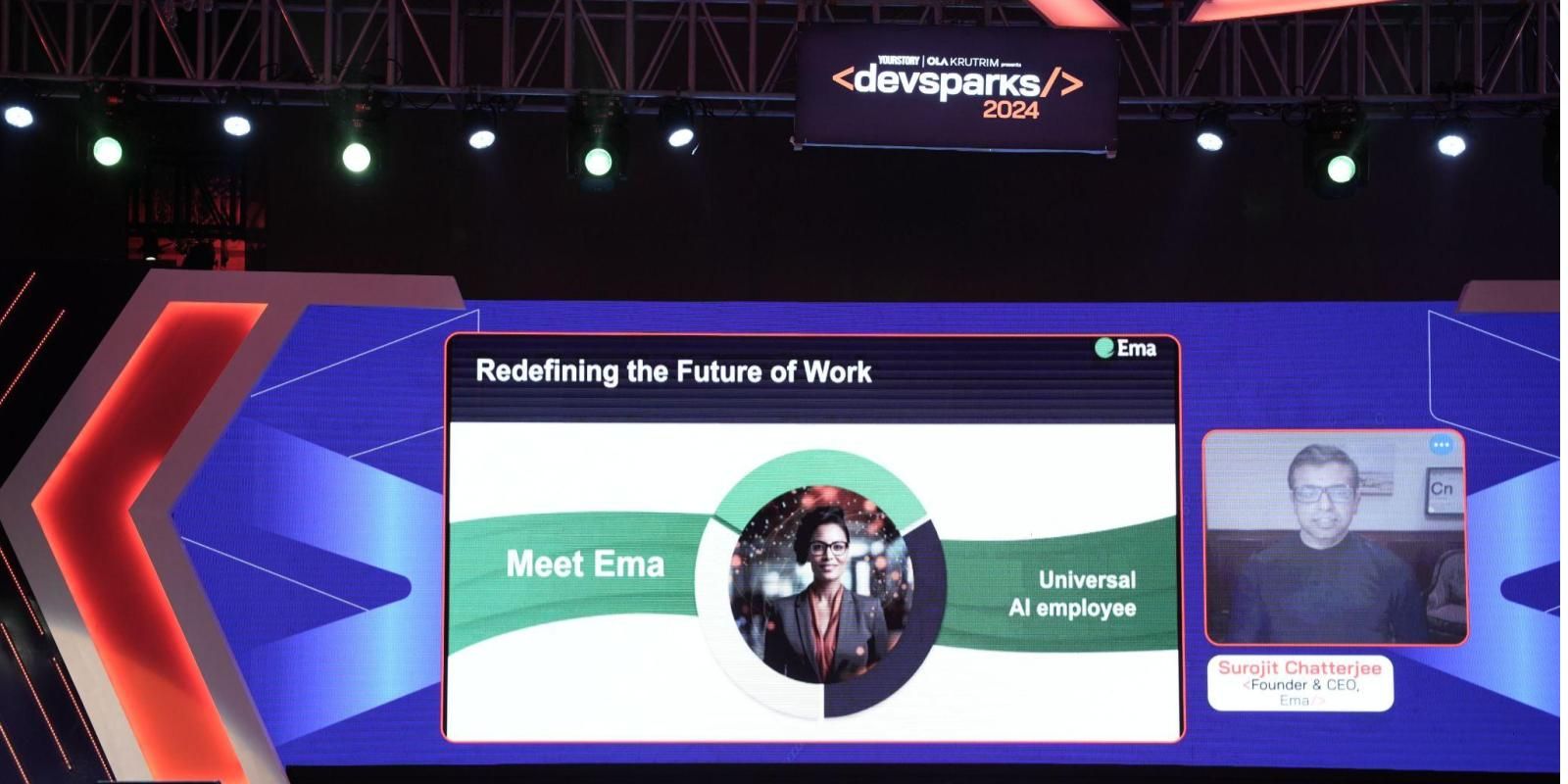How this mushroom agritech business is empowering women and farmers in Nagaland
From offering training to supplying raw material, Konger Agritech offers comprehensive support to fight unemployment and empower farmers
Apile works as a farmer in the tiny village of Virazouma in Nagaland’s Chumukedima District. The 43-year-old is a member of the Sevi Self Help Group that is spearheading a booming mushroom cultivation movement in the state.
She, along with the others in her group, has been working with Konger Agritech (Konger), an organisation that is facilitating farmers to have profitable harvests by guiding them from “spawn to market”.
Konger was founded by Dr Sosang Longkumer, a scientist who was working with the Indian Council of Agricultural Research (ICAR). An expert in farming methods and techniques, he founded Konger, the only organisation in the country that produces shiitake wood dowel spawn.

Dr Sosang Longkumer, the Founder of Konger Agritech
“We are the only functioning laboratory in the state that manufactures varying mushroom spawns, including the exotic shiitake spawns. When I was a research scholar, I tried my hands at mushroom cultivation and spawn making. On achieving success in my early experiments, I decided to start a mushroom spawn production laboratory that would impart skills and provide sustainable livelihoods for people in the state. I also attended an intensive training programme for mushroom production at the Directorate of Mushroom Research (DMR) at Solan in Himachal Pradesh,” says Dr Sosang, who set up his lab in 2018, and incorporated Konger in 2020.
Spawning a successful business
In the early days, Konger worked with SHGs that it was familiar with or who approached Dr Sosang for training.
“As our confidence increased, we saw a considerable difference in the success ratio as we tied up with government projects like Japan International Cooperation Agency (JICA) by the Department of Forest and Nagaland State Rural Livelihood Mission (NSRLM) under the Department of Rural Development, which has a huge network of SHGs across the state.”
In 2018, Konger piloted a project with JICA Project of Nagaland Forest Management, Department of Environment, Forest and Climate Change, Government of Nagaland, for a year in three districts of Nagaland, ie, Noksen Village in Tuensang District, Mopungchuket Village in Mokokchung District and Tuophema Village in Kohima District.
“All three villages saw great results with superior-quality shiitake and the beneficiaries went on to expand their farms in the subsequent years and are some of our pioneering shiitake farmers today,” Dr Sosang says.
The organisation has also trained about 800 farmers as a technical consultant for the Department of Horticulture, Government of Nagaland.
“We are continuously mentoring 1,000-plus SHGs across villages in the state under NSRLM Department of Rural Development. Several individuals and private organisations have also ventured in so we have a mix of government beneficiaries and self-funded farmers.”
The training has created a whole new revenue stream for farmers in the post-harvest season.
“We are left with huge piles of paddy straw after we harvest the crops. In November 2020, after meeting Dr Sosang, we were trained in how to use the straw to grow mushrooms. Under his guidance, we are now generating revenue from paddy straws that we would have otherwise burnt,” Apile says.

The mushroom dowels that Konger Agritech gives to mushroom farmers.
She adds that an initial investment of Rs.10,000 from NSRLM has earned them Rs.60,000 in three months during the early days. “It only took us three months to break into the Chumukedima market and today our SHG is one of the major oyster mushroom producers of the area,” she says.
Mentoring for growth
Konger educates and trains the potential farmers and SHG farmers - from the initial growing of the mushroom to the setting up of their farm.
“There is an initial investment from them when the spawns and dowels are purchased from our laboratory with the amount they receive from the government to set up the mushroom farms. But, we also have a buy-back policy so that the farmers are not burdened with their harvest when the production increases. The organisation has also trained established NGOs and organisations who go on to train potential farmers in their network, thereby passing on the skills and supplementing the brand's vision of expanding the mushroom-preneur community. All these with no cost attached as we have been dedicated to empowering and transferring knowledge to the potential local farmers,” Dr Sosang says.
Dr Sosang says Konger mentors farmers not only in different techniques of mushroom cultivation but also about business aspects like marketing, management of produce, etc.
“We have the vision to empower farmers through knowledge sharing and hand-holding them qt every step. That is what we are known for. We believe that each farmer can do wonders if they get the right technical guidance at the right time because we are already a farmers' society so the practical know-how is almost second nature and the rest comes easy.”
Today, Konger works with more than 3,000 farmers, which includes SHGs and individuals agriculturists.
“So far our farmers have grown more than 120,000 kg of oyster mushrooms, which amounts to Rs 180 lakh (@ Rs 150/kg). However, its production is still below the market demand of the state. In the case of shiitake, our farmers have produced about 7,000 kg so far, worth Rs 35 lakh. We are expecting the fruiting of about 60,000 kg shiitake in the coming winter as per our cultivation,” says Dr Sosang.
“As a local farmer, being associated with Konger Agritech in the commercial production of shitake mushroom has been a good opportunity and we have started to earn. So to say it's an easy way to earn an income where no experience or special skills are needed. I hope it can benefit local farmers and people who are unemployed and teaches the importance of self-reliance,” says Kikrusonuo, a 35-year-old member of the Tsiekhe SHG from Tuophema Village, who is part of the JICA project.
Dr Sosang says Konger aims to create a community of self-reliant citizens while making the best use of the available resources and favourable climatic conditions.
“Growing mushrooms is the easiest way to battle poverty in the country. It has the highest success rate among small-scale food crop ventures, has no seasonality constraints, requires no agrochemicals, demands low labour, and is easily marketable (the demand locally alone is more than what all the country's farmers can produce).”
The organisation is also helping many young people who are educated and unemployed to earn a living by cultivating oyster and shiitake mushrooms.
“My association with Konger Agritech has been very productive. Dr Sosang has been very helpful throughout our journey and executing the prospect. The spawn quality supplied by the lab at Konger Agritech has fetched us great quality mushrooms too. I even produce value-add products like Oyster mushroom grow-kits, dried shiitake and shiitake powder,” says Avolu, a 37-year-old shiitake farmer from Phek district.
Economic empowerment
Dr Sosang says that working with the SHGs has been empowering for the community he serves because he believes women from indigenous communities are often ‘the natural custodians of traditional knowledge and know-how when it comes to managing a household’.
“Applying the same to business always has an advantage, especially in farming. In fact, being an agrarian society farming comes easy to many and there are always some traditional methods or techniques they incorporate into the scientific methods we educate them with,” he says.
“Empowering them with something as simple as commercial mushroom farming contributes immensely to an inclusive sustainable economic growth be it through supplementing the income of the family or creating food security for the society,” he says, adding that many of the women from SHGs are now getting a chance to capitalise on the skills they already had by growing the mushrooms, managing farm expenses and operations, and marketing them in their respective markets.
Konger is also looking at expanding beyond Nagaland and has already started training farmers and SHGs in Arunachal Pradesh and will continue expanding the mushroom-preneur community across other states in the Northeast.
Edited by Teja Lele












